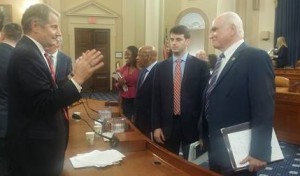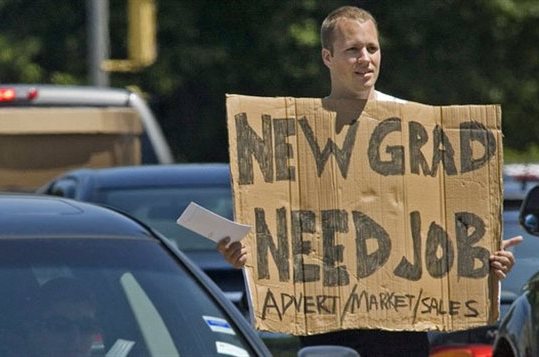In Ayn Rand’s novel The Fountainhead, Dominque Francon and Ellsworth Toohey are in a high rise apartment, looking out at the evening lights of New York City. Toohey speaks:
Look at it. A sublime achievement, isn’t it? A heroic achievement. Think of the thousands who worked to create it and of the millions who profit by it. And it is said that but for the spirit of a dozen men, here and there down the ages, but for a dozen men — less, perhaps — none of this would have been possible. And that might be true. If so, there are — again — two possible attitudes to take. We can say that these twelve were great benefactors, that we are all fed by the overflow of the magnificent wealth of their spirit, and that we are glad to accept it in gratitude and brotherhood. Or, we can say that by the splendour of their achievement which we can neither equal nor keep, these twelve have shown us what we are, that we do not want the free gifts of their grandeur, that a cave by an oozing swamp and a fire of sticks rubbed together are preferable to skyscrapers and neon lights — if the cave and the sticks are the limit of our own creative capacities. Of the two attitudes, Dominique, which would you call the truly humanitarian one? Because, you see, I’m a humanitarian.
Until recently, I thought that the latter attitude had become completely disreputable. The idea that we should tear down the good just because they are good or the successful just because they are successful is bad economics, bad ethics and an embarrassingly childish form of envy.
But it has recently re-emerged in large part because of Thomas Piketty’s new book, Capital in the Twenty First Century. Piketty argues that we have been experiencing and will continue to experience growing inequality of income and wealth. To prevent this he argues for punitive taxes on high incomes and a worldwide tax on wealth.
Piketty’s book has created near ecstasy on the political left, where it is taken as an unquestioned article of faith that inequality of income and wealth is bad. See gushing praise from Paul Krugman here and gloating over the right’s ineffectual response to the book here. Among other economists, Robert Solo praises the book in The New Republic (“Piketty is Right”), but Greg Mankiw has a more measured response.
What is more interesting than the book itself is that the left now seems free to say things they previously would have been embarrassed to say.








